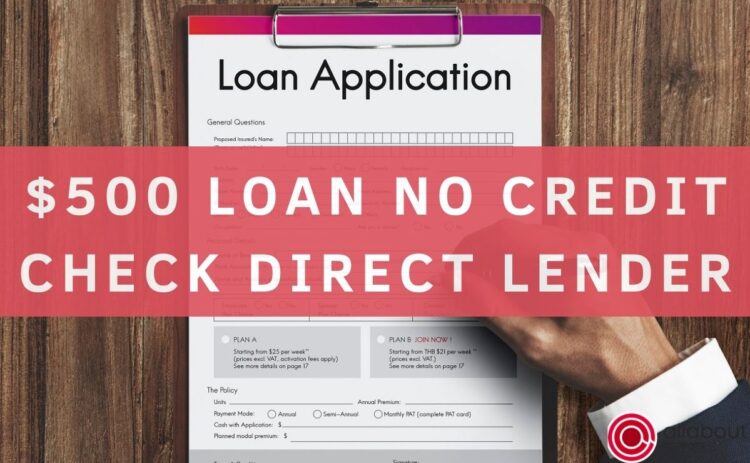Instant Line Of Credit No Credit Check Direct Lender

A surge in predatory lending practices is leaving vulnerable consumers trapped. Instant line of credit offers, promising quick cash without credit checks from direct lenders, are proliferating online, raising alarms among consumer advocacy groups.
This report exposes the dangers of these readily available credit lines and their potential to ensnare borrowers in cycles of debt.
The Allure of "Instant" Credit
The appeal is undeniable: immediate access to funds, regardless of credit history. These instant line of credit offers often target individuals with low credit scores or those facing urgent financial needs.
Websites and social media platforms are flooded with advertisements promising "No Credit Check" and "Direct Lender" benefits.
They bypass traditional lending criteria, seeming like a lifeline for those excluded from conventional financial institutions.
The Reality: Hidden Costs and High Interest
Consumer advocates warn that these seemingly convenient credit lines come with significant drawbacks. Extremely high interest rates and fees are the norm.
According to a 2023 report by the National Consumer Law Center (NCLC), the Annual Percentage Rates (APRs) on these loans can range from 300% to over 600%.
These rates far exceed those of credit cards or personal loans from traditional banks.
Furthermore, the lack of a credit check often translates to a lack of regulatory oversight, leaving borrowers unprotected.
Who is Offering These Loans?
Many of these "direct lenders" operate online, often with limited transparency regarding their ownership or location.
Some are legitimate alternative lenders filling a niche market, but others are predatory lenders exploiting vulnerable consumers.
Identifying the difference can be challenging for borrowers in urgent need of funds.
The Debt Trap
The combination of high interest rates and fees makes repayment incredibly difficult. Borrowers often find themselves needing to take out additional loans to cover the initial debt, creating a cycle of dependency.
A study by the Center for Responsible Lending (CRL) found that borrowers using these types of credit products are significantly more likely to experience financial distress, including difficulty paying bills and increased risk of bankruptcy.
This debt trap disproportionately affects low-income communities and people of color.
Where Are These Loans Being Marketed?
The primary battleground is the internet. Social media platforms, search engine advertisements, and specialized websites are all used to target potential borrowers.
The Consumer Financial Protection Bureau (CFPB) has noted a significant increase in complaints related to online lending practices, particularly those targeting vulnerable populations.
Some lenders also utilize direct mail marketing campaigns.
When Is This Happening?
The proliferation of these instant credit offers has accelerated in recent years, fueled by economic uncertainty and the increased accessibility of online lending platforms.
The COVID-19 pandemic exacerbated the problem, as many individuals experienced job losses and financial hardship.
This created a perfect storm for predatory lenders to exploit vulnerable individuals.
How Can Consumers Protect Themselves?
Consumer advocates urge extreme caution when considering these types of loans. Research any lender thoroughly before agreeing to any terms.
Always read the fine print and understand the APR, fees, and repayment schedule.
Explore alternative options, such as credit counseling, community assistance programs, or borrowing from friends and family.
Resources for Borrowers
The CFPB (Consumer Financial Protection Bureau) offers resources and tools to help consumers understand their financial options and protect themselves from predatory lending.
The NCLC (National Consumer Law Center) provides legal assistance and advocacy for low-income consumers.
Local credit counseling agencies can offer personalized financial advice.
The Regulatory Response
Regulators are beginning to take notice of the growing problem of predatory online lending.
The CFPB has increased its scrutiny of online lenders and is exploring new rules to protect consumers.
Several states have also enacted stricter laws governing high-interest loans.
Next Steps
Consumers struggling with debt from instant credit lines should seek immediate assistance from a reputable credit counseling agency.
Advocacy groups are calling for stronger federal regulations to curb predatory lending practices and protect vulnerable borrowers. The CFPB is expected to release new guidance on online lending in the coming months.
This is a developing situation, and we will continue to provide updates as more information becomes available.


